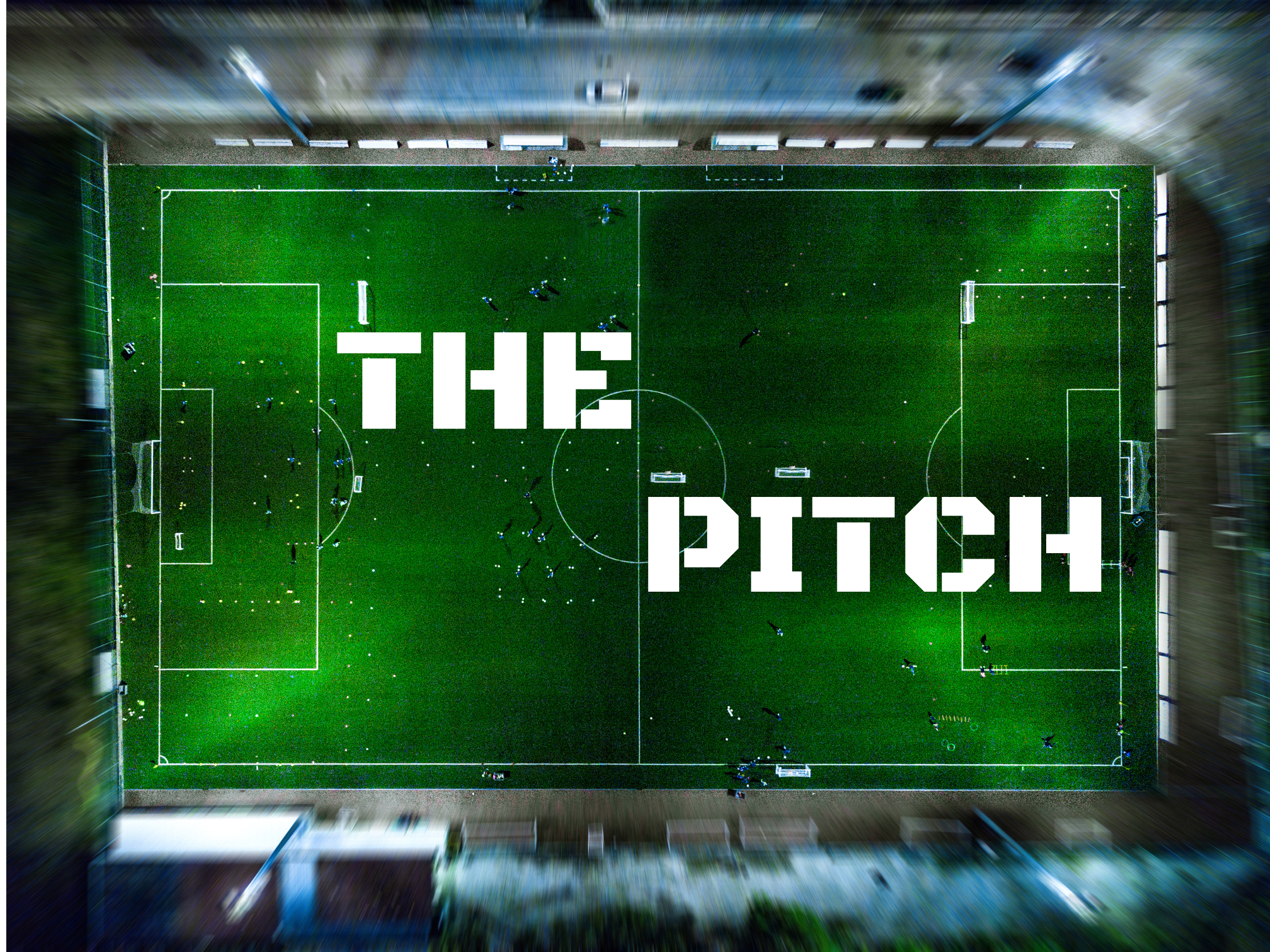
Beyond Tactics: The Role of Recovery in Soccer Peak Performance Aug 07, 2025
Recovery in soccer is not merely about resting after an intense match or rigorous training session. It forms a crucial part of the training cycle, ensuring that the body can heal, adapt, and strengthen over time. Proper recovery allows muscles to repair themselves, replenishes energy stores, and helps manage fatigue. When integrated effectively, it can make the difference between a good player and a great one.
One of the most effective recovery techniques is ensuring adequate rest and sleep. Sleep acts as a natural recalibration for the body, aiding in muscle repair, hormone balance, and overall mental health. Soccer players require quality sleep for tissue repair and cognitive function, both of which are essential for tactical decision-making and physical performance on the field.
Hydration and nutrition are equally critical in the recovery process. Rehydrating after a match or training session helps regulate body temperature and maintain muscle function. A balanced diet rich in proteins, carbohydrates, and fats supports muscle repair and energy replenishment. At The Pitch, we often recommend incorporating foods high in antioxidants to combat the oxidative stress caused by intense exercise.
Active recovery is another valuable tool in a soccer player's recovery toolkit. Engaging in low-intensity activities such as swimming, cycling, or yoga can help maintain fitness levels while promoting blood circulation to the muscles, aiding in the removal of lactic acid. These activities also enhance flexibility and reduce the risk of future injuries.
At The Pitch, we emphasize the importance of sports massage and physiotherapy. Sports massages can alleviate muscle tension, reduce soreness, and improve circulation. Regular physiotherapy sessions can aid in identifying and correcting any underlying issues, ensuring the body's mechanics work optimally.
Mental recovery is often overlooked but is equally imperative. Soccer is not just a physical endeavor; it demands significant mental acumen. Techniques such as mindfulness, meditation, and controlled breathing can help players manage stress and maintain focus. These practices can enhance mental resilience, a crucial attribute in high-pressure situations on the pitch.
Players should also incorporate consistent performance monitoring. Keeping track of physical and mental responses to recovery strategies can provide valuable insights, allowing for tailored approaches to suit individual needs and optimize performance.
In conclusion, while tactics and strategies are fundamental in soccer, they cannot stand alone. Recovery is the cornerstone of sustained performance and should be integrated into every player’s regimen. By adopting a holistic approach to recovery that includes physical, nutritional, and mental strategies, soccer players can enhance their performance, extend their careers, and enjoy the beautiful game longer and healthier. At The Pitch, we believe that understanding and implementing recovery techniques is essential in taking your game beyond tactics.
/filters:no_upscale()/media/d9c76d5d-8e7d-493f-9f34-068b8c4df626.jpeg)
/filters:no_upscale()/filters:format(webp)/media/9b6759dc-5103-4462-974e-9d0910eb4a37.jpeg)